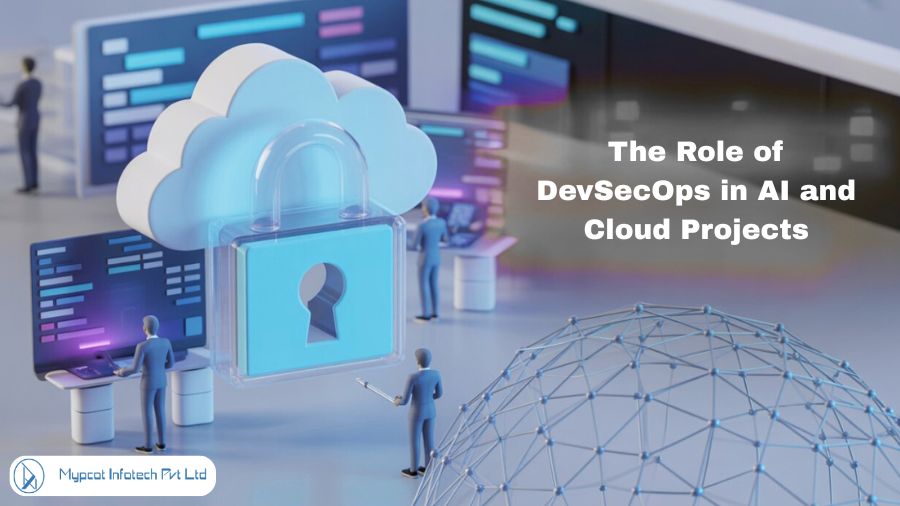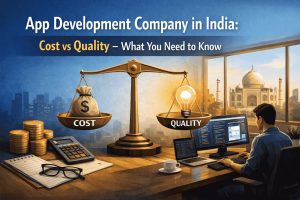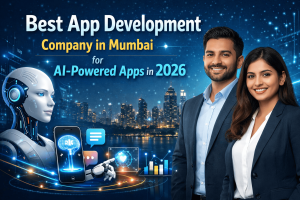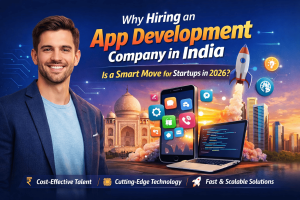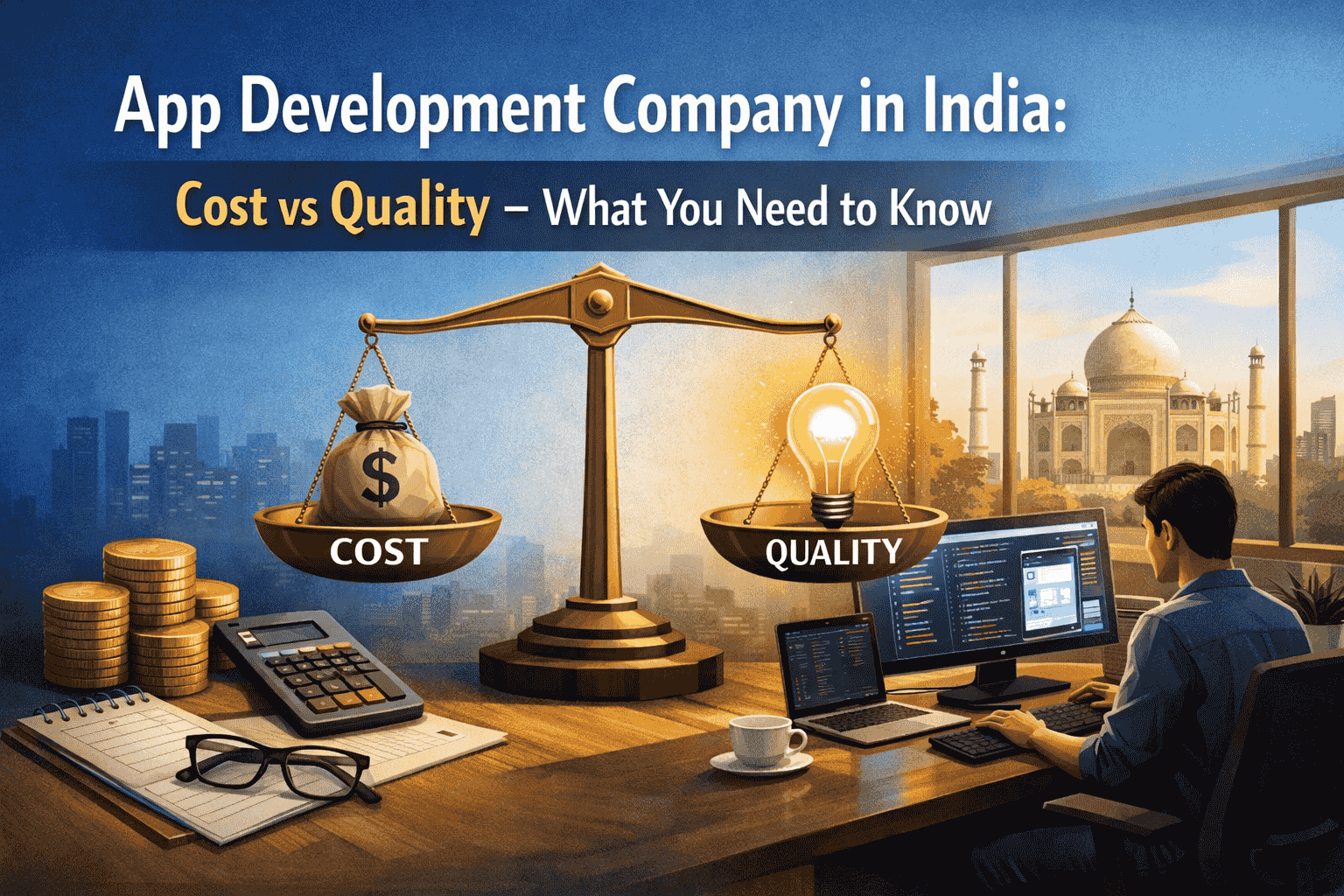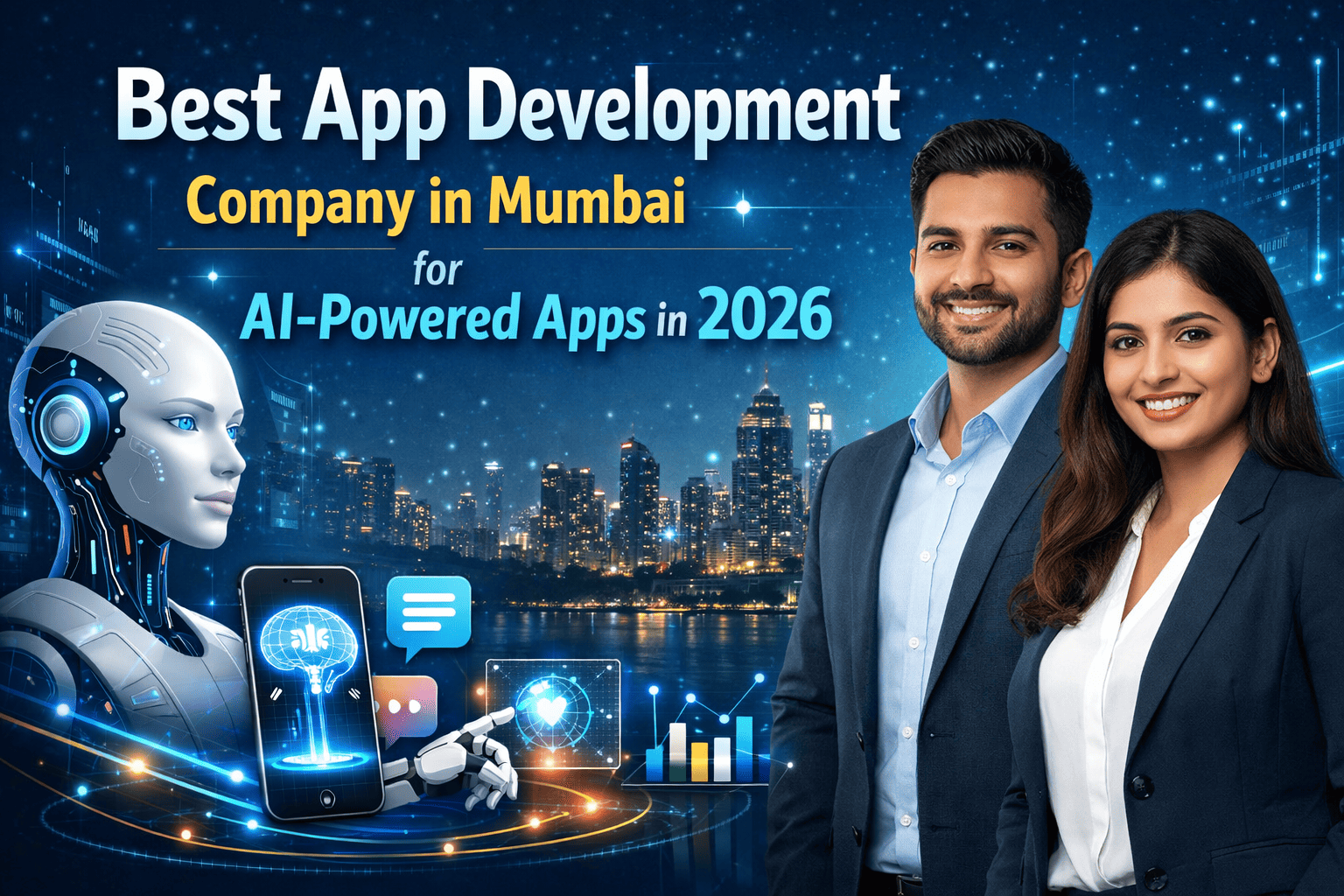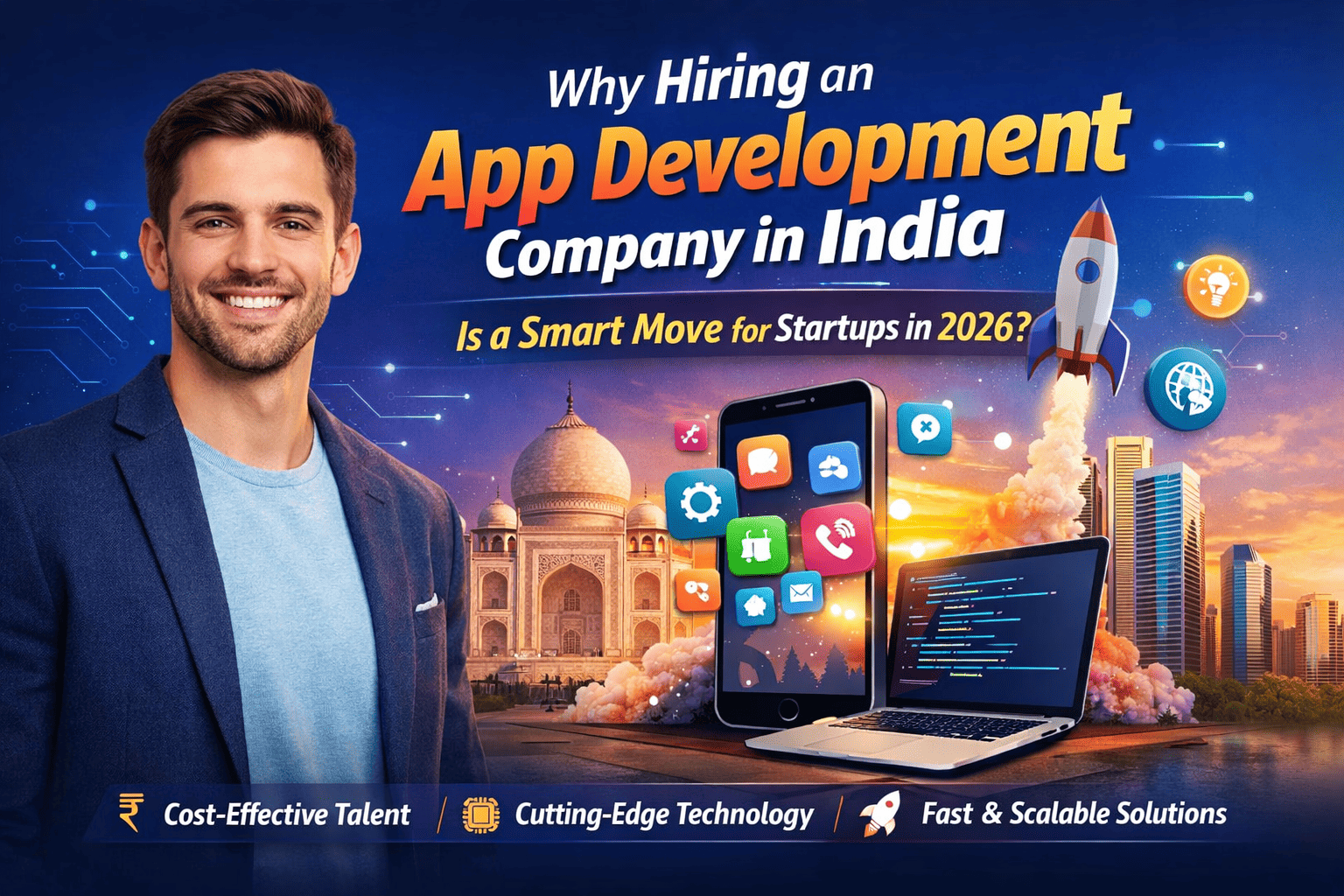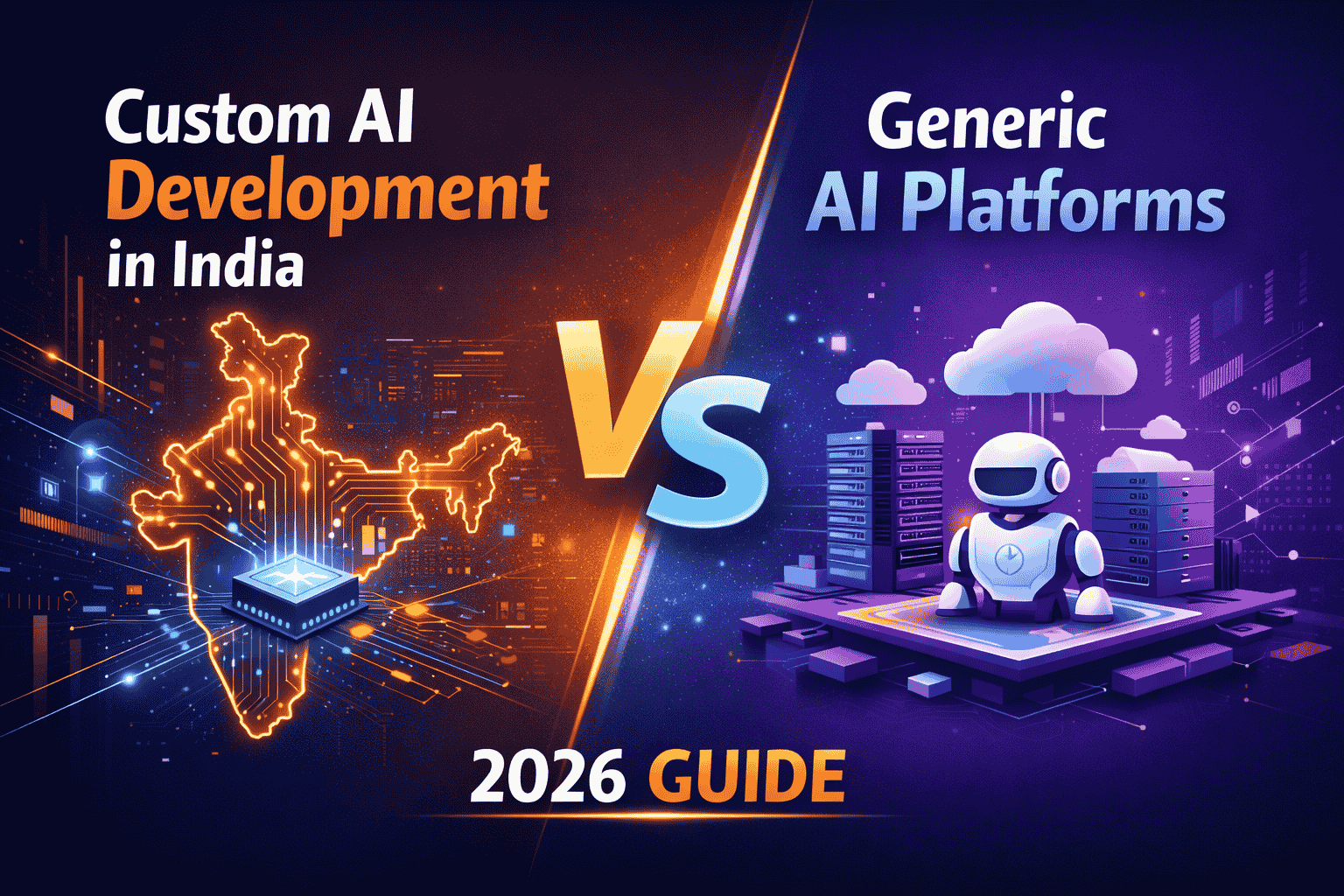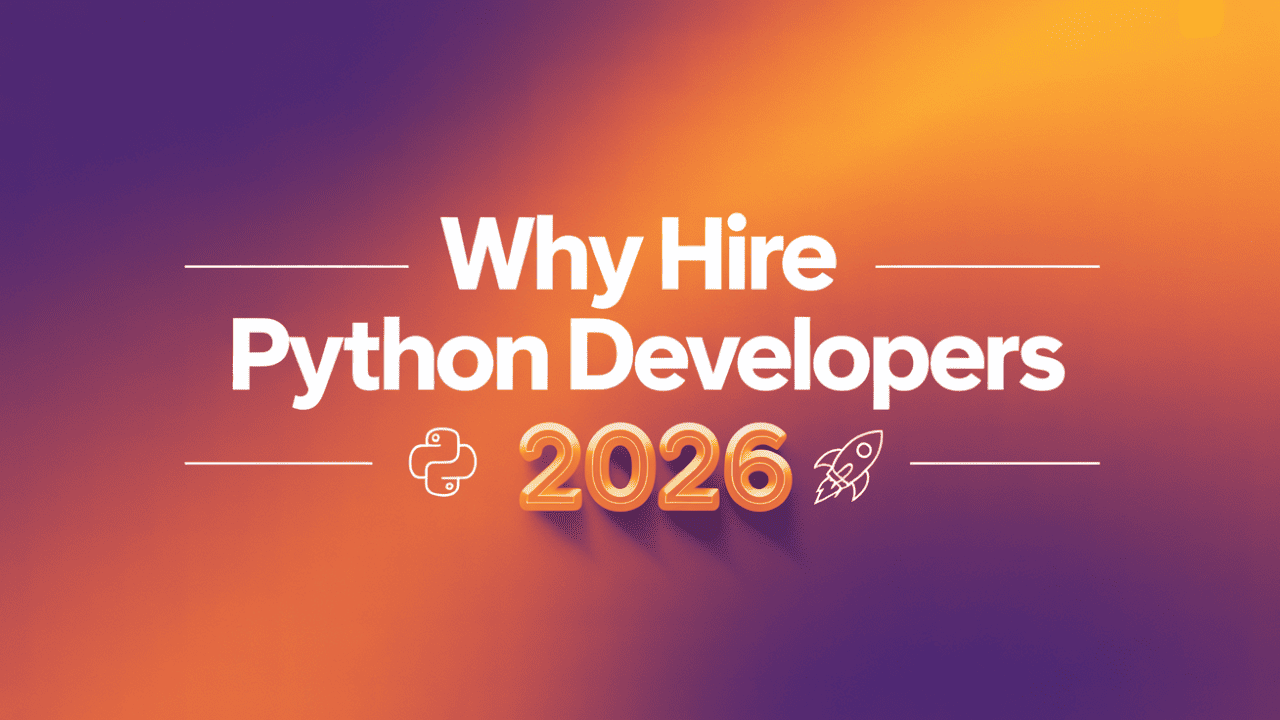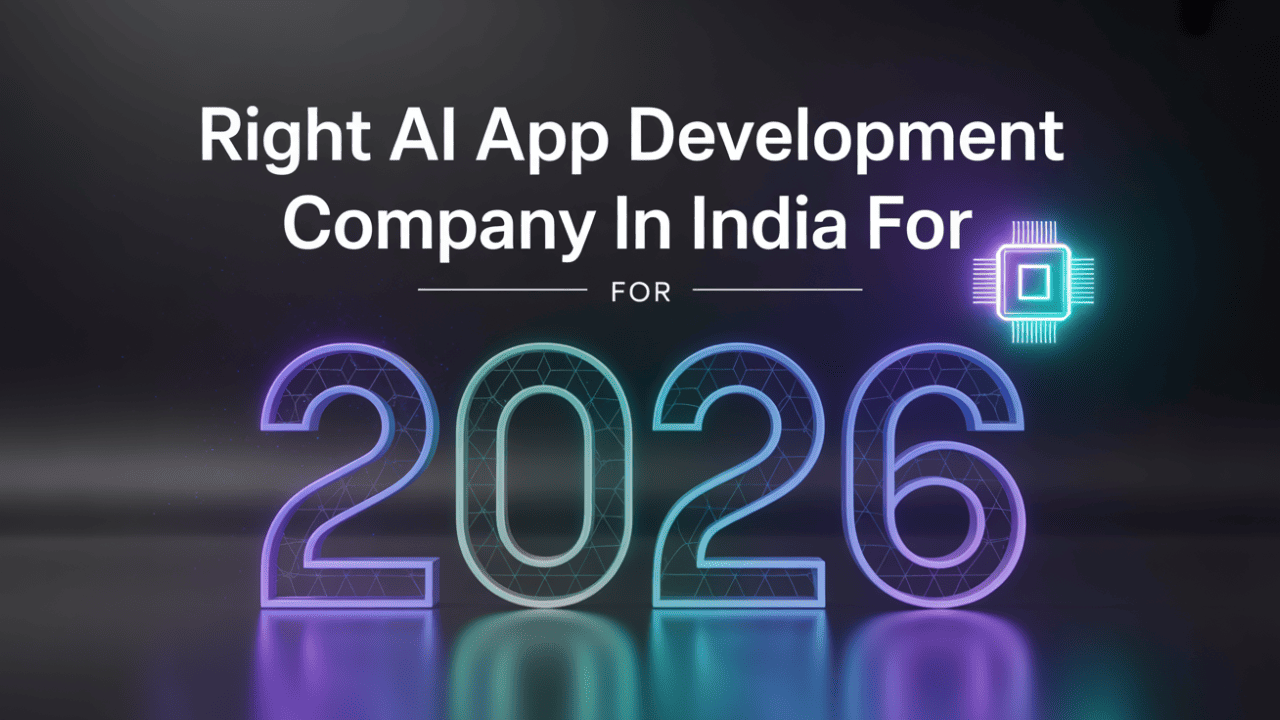Whenever companies use AI and cloud technology, it’s absolutely critical to keep data and systems secure. This is because a mistake can even lead to serious consequences, from data breaches to legal penalties for failing to meet compliance requirements.
That’s where DevSecOps in AI and cloud projects plays an important role. It actually ensures that security is not an afterthought but built into every stage of the project, from writing code to deploying applications.
By having development, operations, and security teams that can work closely together, businesses can prevent vulnerabilities, monitor threats in real-time, and comply with regulations like GDPR, HIPAA, or even industry-specific standards.
So, this approach not only protects sensitive information but also reduces downtime, avoids costly mistakes, and ultimately makes the entire deployment process faster and even more reliable. Let’s dive deeper into this guide.
Table of Contents
ToggleWhat is DevSecOps?
DevSecOps is a way of building software that brings together development, operations, along with security from the very start. Unlike DevOps, which mainly focuses on speeding up development and improving operations, DevSecOps actually makes sure that security is included in every step.
When it comes to its main principle, it includes writing secure code, running automated tests in order to catch vulnerabilities, continuously monitoring systems, and following compliance rules. Ultimately, this approach helps projects to be safe, run smoothly, and reduce risks while saving time and money.
Also Read: AI and Cloud Integration Services
Why is DevSecOps Essential in AI + Cloud Projects?
Implementing AI and cloud solutions comes with many benefits, but it also brings security challenges. That’s why DevSecOps in AI and cloud projects is really crucial. It ensures that development, operation, and security teams work together to keep data safe and protects reliable key reasons include;
Protecting sensitive data (AI training sets, cloud storage): AI systems depend on a large amount of sensitive data; on the other hand, cloud platforms store crucial business information. DevSecOps ensures that data is encrypted, access is totally controlled, and potential leaks or breaches are prevented at every stage.
Regulatory compliance (GDPR, HIPAA, RBI guidelines): Many AI and cloud projects must follow strict regulations. DevSecOps integrates compliance checks into development and deployment, helping businesses avoid legal penalties and ensuring that data handling meets industry standards.
Many AI and cloud projects must follow strict regulations. DevSecOps integrates compliance checks into development and deployment and helps businesses avoid legal penalties and ensure that data handling meets industry standards.
Security threats evolve constantly. DevSecOps uses automated vulnerability scans and real-time monitoring in order to detect issues immediately and allow teams to fix those issues before they even affect the system or compromise sensitive information.
Also Read: Why Python is the Go-To Language for AI and Machine Learning
Best Practices for Implementing DevSecOps
To make DevSecOps in AI and cloud projects effective, it’s really important to follow certain best practices. These truly help teams build secure, reliable systems while keeping development fast and compliant. Key practices include:
- Secure coding standards: Writing secure code from the start is essential. Developers should follow best practices like input validation, encryption, along with proper error handling. This reduces vulnerabilities and ensures the software is resilient against attacks.
- Automated vulnerability testing: Manual checks can miss issues and slow down projects. Whereas automated testing tools can scan code, applications, and infrastructure continuously to detect security flaws early, and allow teams to fix them before deployment.
- Containerization & microservices security: Modern AI and cloud projects use containers and microservices for scalability. Securing these involves managing permissions, isolating services, and scanning images regularly in order to prevent threats from spreading across the system.
- Real-time monitoring and alerts: Continuous monitoring helps detect suspicious activity or even anomalies instantly. Combined with alerts, it allows the team to respond immediately, minimizing potential damage and keeping systems totally secure at all times.
Also Read: Key Government Regulations on Artificial Intelligence in India for AI Companies
Common Pitfalls to Avoid
Even with the best tools and intentions, AI and cloud projects can fail, and teams overlook key security practices.
So, understanding these common mistakes helps businesses implement DevSecOps in AI and cloud projects effectively. The 2 major pitfalls include:
- Treating security as an afterthought: Waiting until the end of development to address security can really result in serious vulnerabilities, data breaches, as well as compliance issues. Security must be integrated from day one to prevent costly fixes later.
- Lack of collaboration between teams: When development, operations, and security work in silos, gaps appear, and threats can even go unnoticed. DevSecOps encourages constant communication and shared responsibility in order to ensure smoother and safer deployments.
Also Read: What is AI Development?
Mypcot’s Secure Development Practices
At Mypcot, security is built into every AI and cloud project from start to finish. Their approach to DevSecOps in AI and cloud projects ensures end-to-end protection while maintaining efficiency. Key practices include:
- Integrated Security Checks: Security is included at every stage of development, from code reviews to deployment.
- Automated Vulnerability Scans: Regular scanning perfectly identifies potential threats early and reduces risks before they even reach production.
- Secure Cloud Architecture: Mypcot implements strict access control, data encryption, and monitoring to protect the cloud environment.
- Team Collaboration: Development, operation, and security teams work closely, ensuring shared responsibility and faster issue resolution.
So, this structured approach allows Mypcot to deliver AI and cloud solutions that are secure, reliable, and compliant, providing businesses peace of mind while accelerating innovation.
Also Read: How AI is Transforming Logistics and Supply Chain Operations
Conclusion
Implementing DevSecOps in AI and cloud projects ensures that security is truly part of every stage, protecting sensitive data, maintaining compliance, and enabling smooth, reliable deployments.
By integrating development, operations, and security teams, organizations can prevent costly mistakes and respond to threats promptly.
So, businesses looking to build secure, efficient, and compliant AI or cloud solutions can consult Mypcot, one of the leading AI development companies in India, for expert guidance and end-to-end protection.

